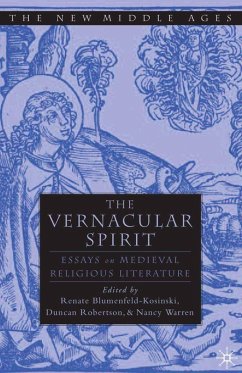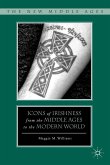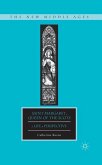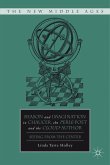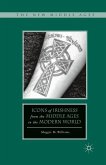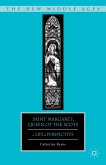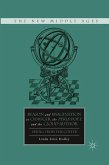The late-medieval movement into 'vernacular theology,' as it has come to be called, inspired many forms of literary expression, in all the languages of Europe. Spanning a wide field, the contributors to this volume consider hagiography, translations of and commentaries on scripture, accounts of visionary experiences, and devotional literature. Their essays illuminate encounters with the divine mediated through language, bringing into play a diversity of national cultures and disciplinary points of view. They also engage vital social and political issues connected with religious experience, including challenges to authority, reinterpretations of texts, and renegotiations of gender roles.
"The important themes of vernacularity, spirituality, and gender in the later Middle Ages are explored here across a broad European canvas. The Vernacular Spirit brings together studies of English, French, German, Flemish, and Spanish religious and devotional writing; while the volume defines certain issues in common among literary traditions, each essay presents a fully historicized reading of a particular vernacular spiritual community and its emergence within the terms of its own linguistic, cultural, and political tradition. This volume will be an excellent resource for comparative perspectives on vernacular spirituality, and for an understanding of the variety of vernacular literary formations in response to the growth of lay spirituality across medieval Europe." - Rita Copeland, University of Pennsylvania

